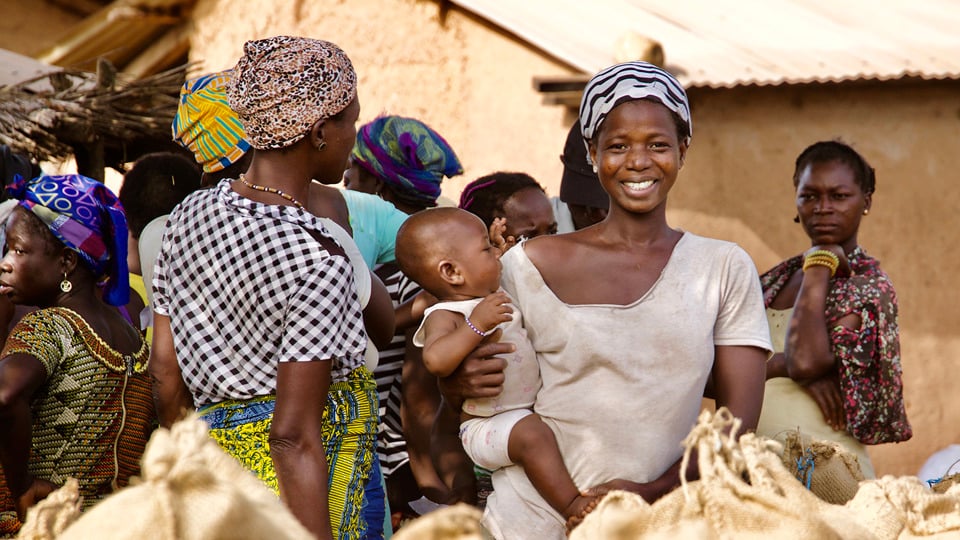As part of its overall commitment to work towards a more sustainable future, AAK has committed to set science-based targets through the Science Based Targets initiative, consistent with keeping global warming to 1.5°C above pre-industrial levels.
Climate change is undoubtedly the defining issue of our time. Not only is it clearly described by the world's leading scientists, but we are also starting to experience the consequences.
To hold off some of the world's climate impacts and avoid irreversible damage to our societies, economies and nature, international cooperation is needed with the corporate sector having a clear role to play in limiting global warming.
AAK acknowledges this responsibility and wants to take action to reduce greenhouse gas emissions in line with climate science. Therefore, AAK has committed to set science-based emissions reduction targets across the entire value chain, consistent with keeping global warming to 1.5°C above pre-industrial levels. A first important step, together with hundreds of other leading businesses.
"This commitment is part of our overall commitment to make better sustainability happen", says Johan Westman, President and CEO, AAK Group. "It will drive the reduction of greenhouse gas emissions and contribute to protect our climate and our communities as well as support our business in providing sustainable value-adding solutions."
2020 is the start of a new critical decade of action. Business leaders are rising to the challenge and AAK is proud to join the large number of companies that now have committed to taking science-based action on climate change. It gives confidence that we can build back better going forward and prevent the effects of climate change.
The Science Based Targets initiative (SBTi) is a partnership between CDP, the United Nations Global Compact (UNGC), World Resources Institute (WRI) and the World Wide Fund for Nature (WWF). Further information is available on www.sciencebasedtargets.org.




